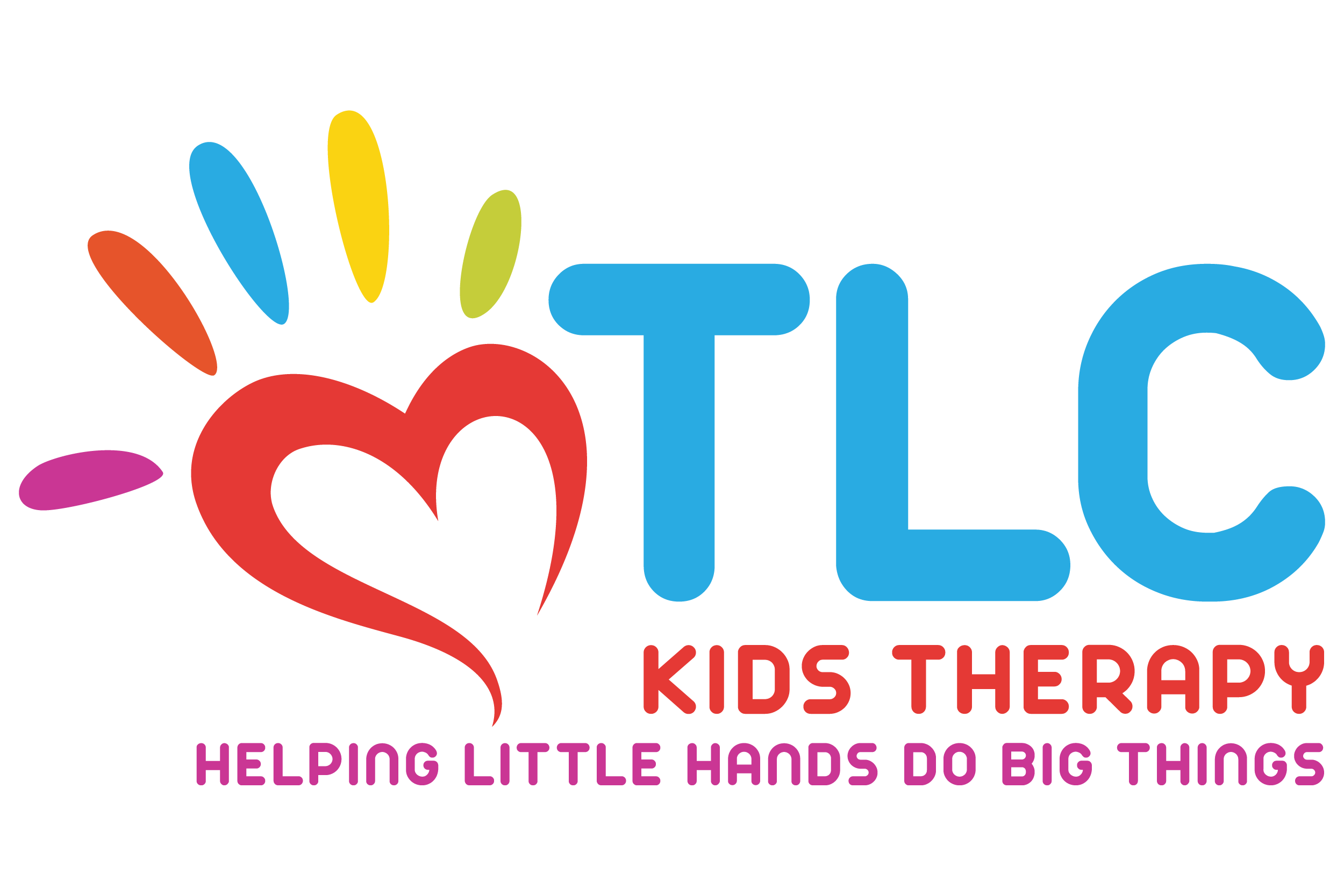The early years of your child’s life are extremely important as in these years the social, cognitive, and physical development and growth of your child takes place. The initial three years are very critical as a child’s brain evolves during this phase.
Unfortunately, not all children successfully pass through these vital developmental milestones. Some children do not mature and develop as they should and, thereby, have delayed or restricted advancement and progression. If your child faces these issues and requires support to develop and progress optimally, pediatric occupational therapy would be of great help.
With suitable occupational therapy, children can benefit from enhanced development, improved communication and cognitive skills, with minimal to no developmental delay. This therapy is performed according to your child’s condition or disability.
Pediatric occupational therapy has a number of benefits. It is used for a broad spectrum of disorders and diseases and prepares your child to lead a normal and healthy life. A few of these benefits include the following:
Helps with Routine Activities
Occupational therapy helps young ones who encounter difficulties in various daily activities such as brushing their teeth, toileting, dressing, writing and drawing, etc. Occupational therapy aims to develop these important self-help skills and daily living abilities in the children.
Improves Sensory Processing
It is often noticed that children with sensory processing problems are not able to adequately synthesize information using their basic five senses like sight, touch, smell, etc. Most of these children can experience under-sensitivity, over-sensitivity or even both at various places such as home, school, or playground.
A child with sensory processing issues can be easily distracted by adults or other children working nearby or talking at a normal level. They can feel discomfort or pain from swinging on a swing, playing on a jungle gym, or even walking by them and accidentally brushing against their bare skin.They may avoid recess, gym class, or even riding a bicycle as movement makes them very uncomfortable. Occupational therapy is helpful for these young ones as it can help them improve their ability to regulate sensory input so that they can participate in activities that kids love to do.
Improves Motor Development
Fine motor skills are small movements made with fingers, toes, wrists, lips, and tongue, like holding a small object or picking up a spoon. If your child is struggling with fine motor skills, they may have difficulties with one or more of the following:
- Manipulating toys and puzzles
- Holding a pencil
- Using silverware or straws at an age-appropriate time
- Using scissors
- Using zippers, buttons, shoelaces
- Coloring, drawing, tracing, prewriting shapes
- Poor handwriting, letter/number formation
- Not developing a hand dominance at an age-appropriate time
- Avoiding tasks and games that require fine motor skills
Gross motor skills help us move and coordinate our arms, legs, and other body parts. They involve larger muscles that help us control our body. A child who is behind in movement, strength, and/or balance may appear clumsy or uncoordinated. They may also have difficulties with one or more of the following:
- Going up and down stairs at an age appropriate time
- Coordinating both sides of the body
- Understanding the concept of right and left
- Poor ball skills
- Poor balance
Visual processing helps us make sense of what we see. It is a process in our brain that interprets visual information. If your child is struggling with visual processing skills, he/she may have difficulties with one or more of the following:
- Difficulty with spacing and sizing of letters
- Difficulty recognizing letters
- Difficulty copying shapes
- Difficulty with visual tracking and crossing mid-line
- Difficulty finding objects among other objects
- Difficulty copying from near and far points
- Difficulty with the concept of right and left
Play skills can help a child make sense of the world around them. A child can gain self-confidence, learn problem solving, and develop social skills through play. Your child may be developmentally delayed if they show one or more of the following:
- Needs adult guidance to initiate play
- Difficulty with imitative play
- Wanders aimlessly without purposeful play
- Moves quickly from one activity to the next
- Does not explore toys appropriately
- Participates in repetitive play for hours (e.g., lining up toys)
- Does not join in with peers/siblings when playing
- Does not understand concepts of sharing and turn taking
Remember that all children are different and develop these skill sets at their own pace. However, if you think your child may be struggling with adopting some of the skill areas above, you can contact an occupational therapist.

